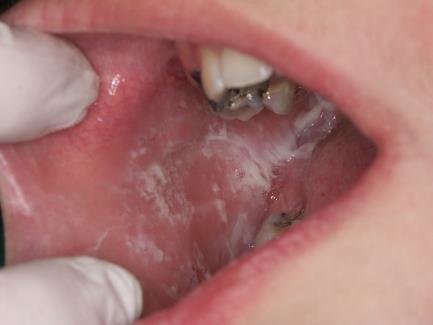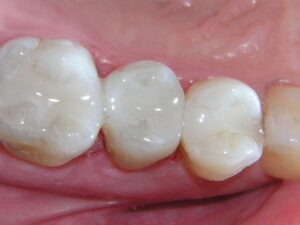Chronic cheek biting, also known as morsicatio buccarum, is a habit where a person repeatedly bites their cheeks. It can lead to discomfort, pain, and even tissue damage over time. While occasional cheek biting can occur due to stress, anxiety, or oral habits, chronic cheek biting often indicates a more persistent issue.
Here are some potential causes and tips for managing chronic cheek biting:
Stress and Anxiety: Chronic cheek biting is often associated with stress or anxiety. Finding healthy ways to manage stress, such as exercise, meditation, or therapy, can help reduce the urge to bite the cheeks.
Oral Habits: Some people develop habits like cheek biting unconsciously, often as a coping mechanism or due to boredom. Identifying triggers and finding alternative behaviors to replace cheek biting, like chewing gum or using a stress ball, can be helpful.
Malocclusion (Misaligned Teeth): Malocclusion, where the teeth do not properly align when the jaw is closed, can increase the likelihood of cheek biting. In such cases, consulting with a dentist to address the underlying dental issues may alleviate the problem.
Oral Hygiene: Poor oral hygiene can contribute to cheek biting by causing irritation or inflammation in the mouth. Maintaining good oral hygiene practices, such as regular brushing, flossing, and using mouthwash, can reduce irritation and discomfort.
Mouthguards or Dental Devices: In severe cases, a dentist may recommend wearing a mouthguard or other dental devices to prevent cheek biting. These devices can create a physical barrier between the teeth and cheeks, reducing the likelihood of biting.
Behavioral Therapy: For individuals struggling to break the habit of cheek biting, behavioral therapy techniques, such as habit reversal training, can be effective. These techniques aim to increase awareness of the behavior and teach alternative responses.
Medication: In some cases, medications such as muscle relaxants or antidepressants may be prescribed to help reduce the urge to bite the cheeks, particularly if stress or anxiety is a significant factor.
It’s essential to consult with a healthcare professional, such as a dentist, for proper diagnosis and treatment of chronic cheek biting, especially if it causes persistent pain or tissue damage. They can provide personalized recommendations based on the underlying cause and severity of the condition.




